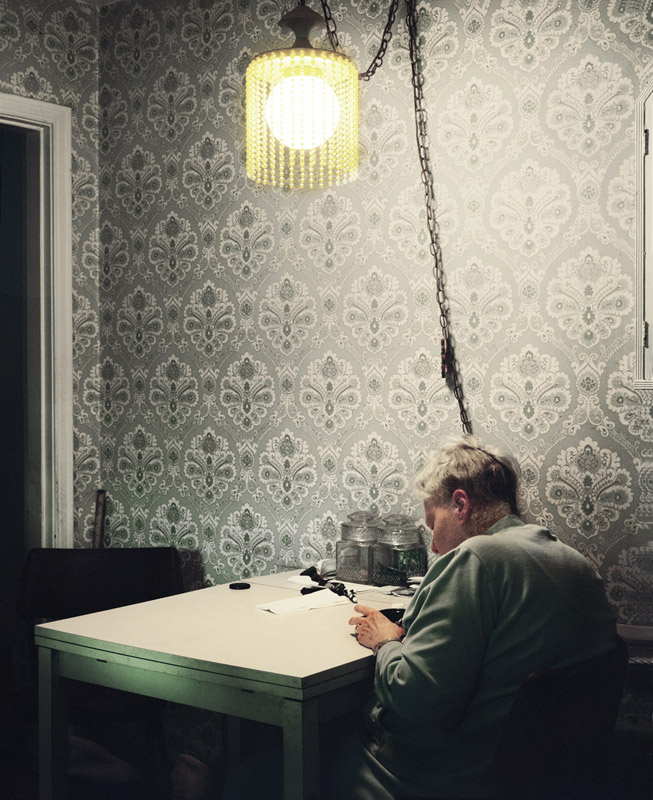Via the Free Dictionary, The American Heritage Dictionary of the English Language defines the term “postindustrial” as “of or relating to a period in the development of an economy or nation in which the relative importance of manufacturing lessens and that of services, information, and research grows.” To call cities “postindustrial,” argues Emily Badger, is not a good idea, since “industry still exists in many of these places, and the very notion of defining them by their relationship to the past can hamstring us from planning more thoughtfully for their future.”
I can’t escape the feeling that such definitions or worries might strike the inhabitants of places like Braddock, PA as possibly not so relevant. The past is the past, after all, and the future feels like something that is completely out of reach in such places. And even if it somehow were in reach, it’s not going to pay the bills. When I lived in Pittsburgh, PA, I went to Braddock a few times. I also went to some of the other small cities there, and they offer a grim picture.

For her series The 800 Block, Hanna Fuhrmann photographed five neighbours on a single block in Braddock. There’s Louise, who has been living in the same house for forty years and who is blind. She rents out part of the house to Al, who is long out of work because of illness. Next door lives Denise, who provides daycare every day from 5am to 9pm for six children. On weekends, she also does the night shift at a gas station. Her neighbour, Candy, used to have five children until her eldest one was murdered. What is more, her husband has been in jail for six months. And there’s Mr. Watts, a funeral director, who can’t complain about business. Death knows no postindustrialism.
The 800 Block does with pictures what George Packer‘s The Unwinding: An Inner History of the New America does with words. They’re sucker punches. They are the best photography and writing can do to make you look at the people behind the term “postindustrial,” the people whose future someone wants us to believe is still so wonderful. It might be, or it might be not.

While the past is the past, and the future hasn’t happened, yet, people have to live with the world they have inherited, or the world that has morphed into what it is now, with factories and good jobs gone. Whatever the future might possibly hold, there’s still the present, in which people have to make ends meet. And having to make ends meet can make for a long, long present, with the future seemingly aeons away.
In the end, it’s not about jobs or food stamps or whatever else. It’s about people who need those jobs to support themselves. It’s about people who might have to rely on food stamps since there are no jobs. It’s easy to forget people when looking at statistics, or at federal budgets, or at grandiose plans of/for the future. Both Packer’s The Unwinding and Fuhrmann’s The 800 Block bring things back to people, and they both remind us that writing and photography can still matter very much, if we’re willing to read and look.
